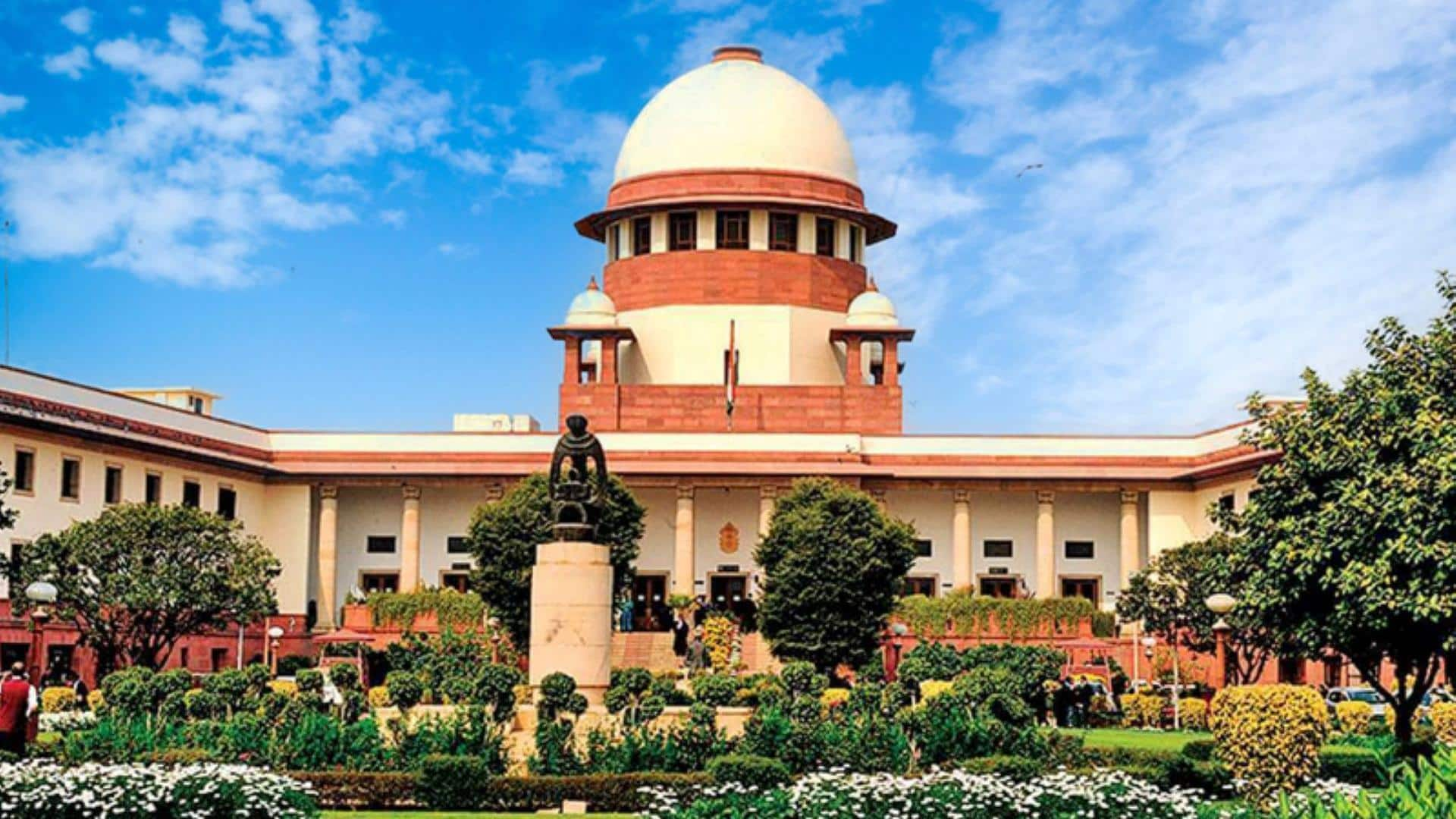
SC flags 'growing trend' of own benches reversing past verdicts
What's the story
The Supreme Court has raised concerns over a growing trend of later benches overturning decisions made by earlier benches with different compositions. Calling the trend "painful," the bench, comprising Justice Dipankar Datta and Justice AG Masih, stressed that the finality of judicial verdicts is crucial to upholding the rule of law. "The strength of judicial power lies less in the hope of perfection and more in the confidence that decisions, once made, are settled," they said.
Observation
What the bench said
"In the recent past, we have painfully observed a growing trend...verdicts pronounced by judges...being overturned by succeeding benches or specially constituted benches at the behest of some party aggrieved by the verdicts." "To us, the object of Article 141 of the Constitution seems to be this: the pronouncement of a verdict by a bench on a particular issue (arising out of the facts involved) should settle the controversy, being final, and has to be followed by all courts," they said.
Legal interpretation
Court's concerns over Article 141 interpretation
The bench also expressed apprehension that reopening a verdict on the basis of a later view could defeat the purpose of Article 141 of the Constitution. They said, "If a verdict is allowed to be reopened because a later different view appears to be better, the very purpose of enacting Article 141 would stand defeated." The court cautioned that this trend could undermine its authority and dilute the impact of its decisions.
Case details
Court's observations in a murder case
The court made these observations while hearing a murder case where bail was granted to the accused by a different bench. The accused had sought modification of bail conditions after the retirement of Justice Abhay S Oka, who was part of the original bench. The new bench observed that this application seemed like an attempt to take advantage of the changed scenario due to Justice Oka's retirement.
Decision outcome
Court's decision on bail modification and cancelation
The court refused to cancel the accused's bail, noting that while there were concerns about the state's role in the trial, it wasn't conclusively established that the accused was responsible for any lapses. On modifying bail conditions, it said judicial discipline requires deferring to earlier decisions unless grossly erroneous. The court concluded modifying conditions would frustrate the purpose of granting bail and rejected such requests.